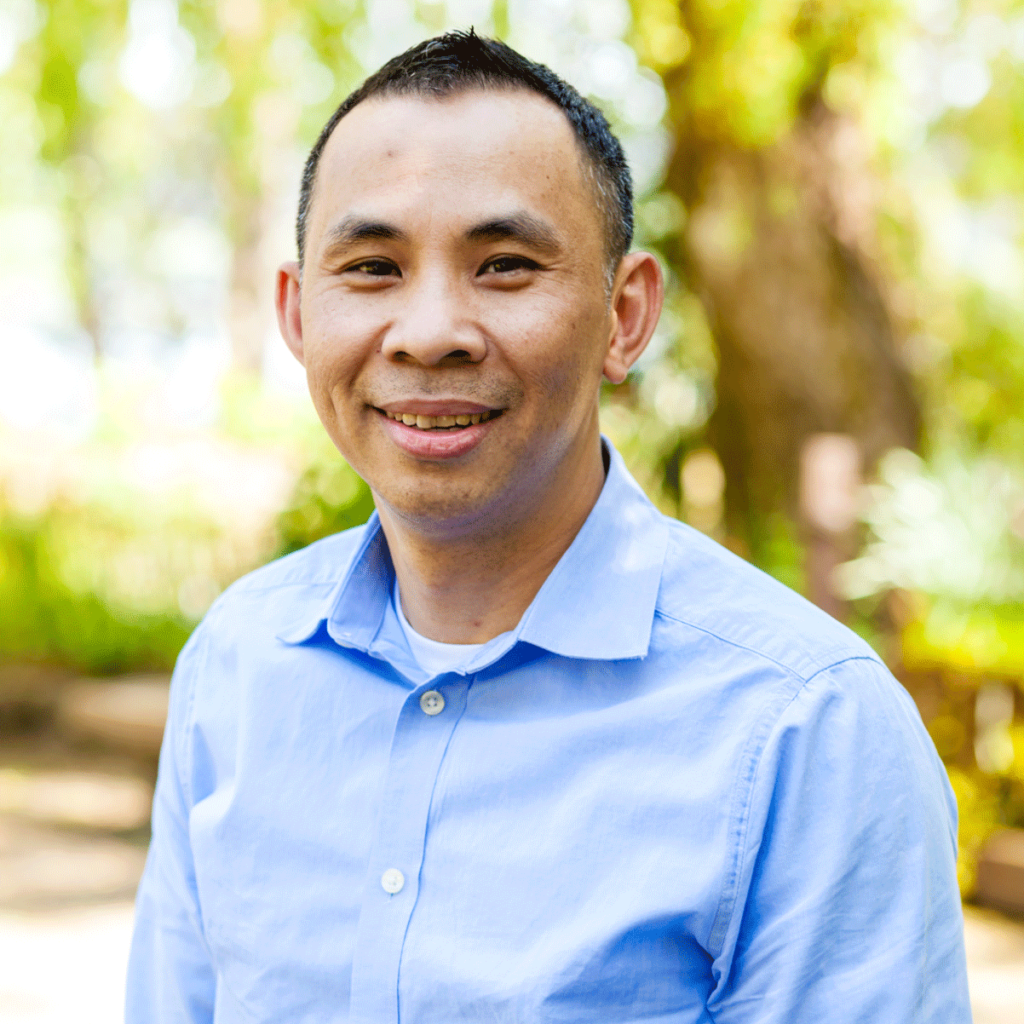Wesley has been working on issues of social and economic equality for over 15 years. His career started as a Peace Corps volunteer in Mongolia, where he fell in love with human services, working for poor and low-income people. Wesley spent 12 years overseas, working for international non-governmental organizations to serve low-income/poor communities in Asia (Vietnam, Mongolia, Thailand, Cambodia, China, Laos, and Afghanistan).
He moved back to the US in 2014 and continued to serve the low-income community as a Senior Project Manager at Seattle Jobs Initiative (SJI). He spent over two years at SJI, working with Seattle Community Colleges, community-based organizations, and employers to strengthen training pathways and employment opportunities. Currently, he works in Olympia for the state’s Workforce Training and Education Coordinating Board. The Workforce Board is a government agency that develops the state’s workforce plan, which helps all 12 local Workforce Development Councils (WDC) strategize their work in their communities. In this role, he manages a statewide initiative/grant (discretionary WIOA funding) to train existing employees and, as they get promoted, prepare new hires for these vacant positions (Upskill-Backfill). This work is being carried out at the local level across six counties and is being implemented by WDCs and their multiple partners.
He holds a Bachelor’s degree from Georgetown University and an MBA from La Trobe University in Melbourne. He lives in Olympia with his 3 sons.
Wesley Nguyen is a member of the Greater Seattle Sector Skills Academy Class of 2016, one of several Workforce Leadership Academies in localities across North America.
The Workforce Leadership Academies are part of the Economic Opportunity Fellows Network, a network of leadership and fellowship programs run by the Aspen Institute Economic Opportunities Program. Within this Network, EOP connects national and local leaders from across sectors — nonprofit, government, business, philanthropy, academia, and more — to advance policies and practices with the potential to help low- and moderate-income Americans thrive in today’s economy. Learn more at as.pn/eofn.
